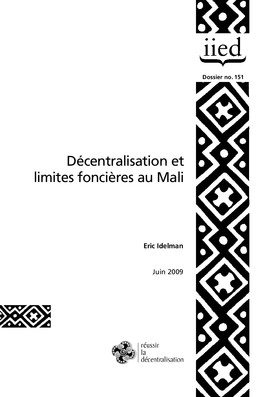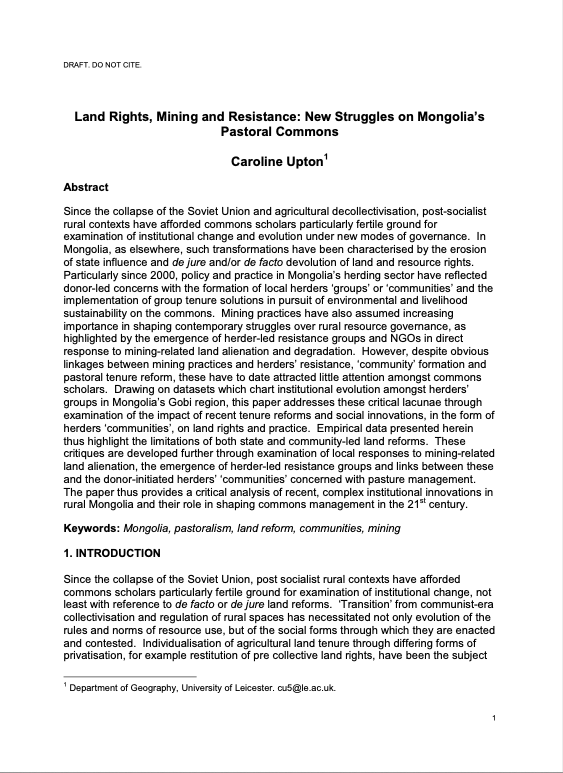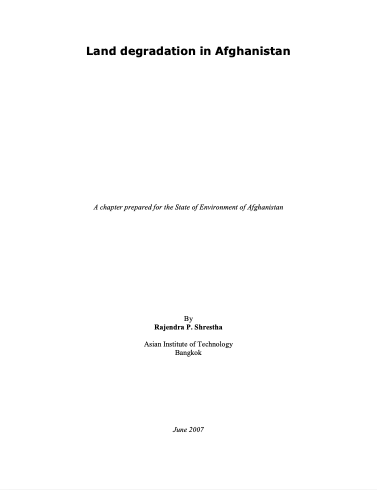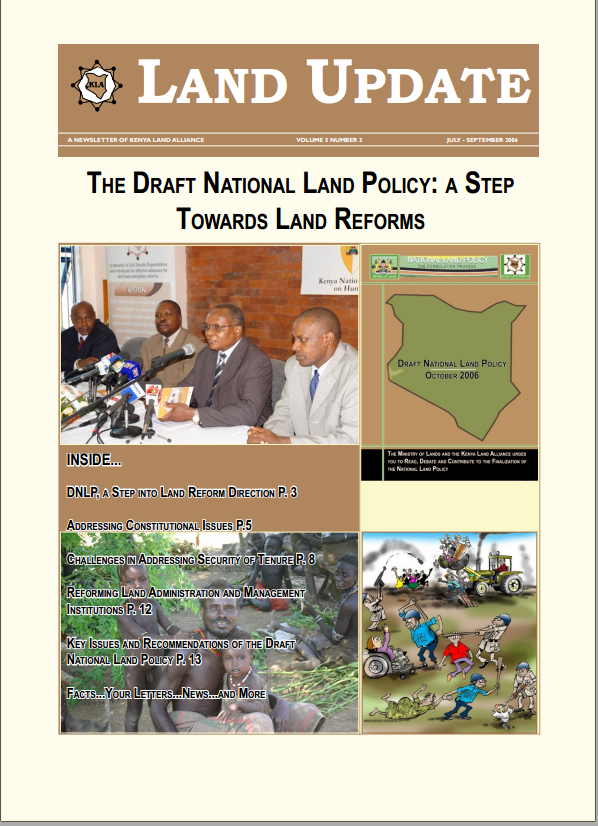Le lac Tchad et N’Djaména une relation porteuse de développement ?
Les sécheresses des années 1970-1980 et le réchauffement climatique attirent l’attention médiatique sur les risques de disparition du lac Tchad. Alors que la plupart des avis scientifiques contestent cette vision pessimiste, nous proposons ici d’étudier la dynamique des relations entre N’Djaména, capitale sahélienne de plus d’un million










